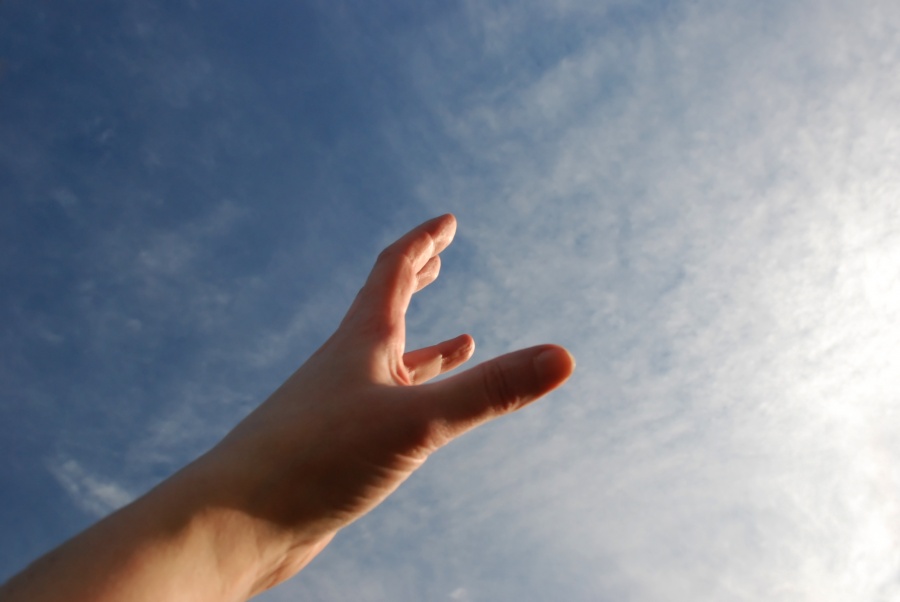1) I read somewhere that breslev chassids clap there hands during prayer? Is this true? do you sing your prayers? How do you do this? I know why. but how? is it true?
2) I also read somewhere that we should sing to Hashem, is there certain melodies? or songs? or places? Or language?
Yes, we clap. We sing by opening our mouths and letting it out! 🙂
Each person just chooses a melody, or composes one (if he’s a composer-type) or jut “sings” as best he can.
Ditto for “just singing.” Usually people choose a song by what’s happening in the world, or in their own life. Any place, any language or without words.
kol tuv.
OB
The following are quotes from “Crossing the Narrow Bridge” by Chaim Kramer where the questions are discussed:
Song, music and dance.
Music clears the mind and makes us happy. Music has the power to help us pour our heart out before God. It also has the power to sharpen our memories and enable us to concentrate on our goals (Advice, Joy 14, 15). Therefore, the Rebbe taught that it’s a very good habit to inspire ourselves with a melody. The spiritual roots of music and song are very deep and can arouse our hearts and raise our spirits (Rabbi Nachman’s Wisdom #273). Elsewhere, the Rebbe talks about the special power which dancing and clapping have to make us happy and mitigate the negative things affecting us (Likutey Moharan I, 169). It is customary in every Breslov synagogue to dance each day after the Morning and Evening prayers. Many Breslover Chassidim dance after learning together, while some even dance daily by themselves. It’s a surefire way to arouse a feeling of real joy and happiness.
Reb Noson once said to Reb Moshe Breslover, “I will give you a way to repent. Dance every day!” (Aveneha Barzel p.62).
One should pray there with joy and happiness, even to the point of clapping one’s hands and singing the words. As Rebbe Nachman said: I put great value in the Baal Shem Tov’s way of praying: with exertion and joy (Tovot Zikhronot 5). However, one should not pray in a manner that disturbs others, nor use mannerisms designed to draw attention to oneself. Better to pray simply, with as much kavanah as one can muster.
Rebbe Nachman said: You should not say that if you were praying so intensely, you would not hear or feel someone else. People can be annoying, even though it appears that the person is involved totally in his prayers (Rabbi Nachman’s Wisdom #285). There are some who feel that since they pray differently from others in their synagogue, perhaps it would be better if they were to stay home and pray individually. However, this is incorrect. One should make every effort to pray in a synagogue. If there are disturbances that disrupt his prayers, then he should pray about this too, during his hitbodedut (Oneg Shabbat p.502).
The Rebbe never asked his followers to give up their “inherited” version of the prayers. Family traditions of nusach – Sefardi, Ashkenaz or Sefard (Chassidic) – did not have to be changed. Its makes no difference which version one prays. Rebbe Nachman said: Chassidut has nothing to do with nusach. One can be a chassid and still pray the Ashkenaz version (Siach Sarfei Kodesh I-90).

